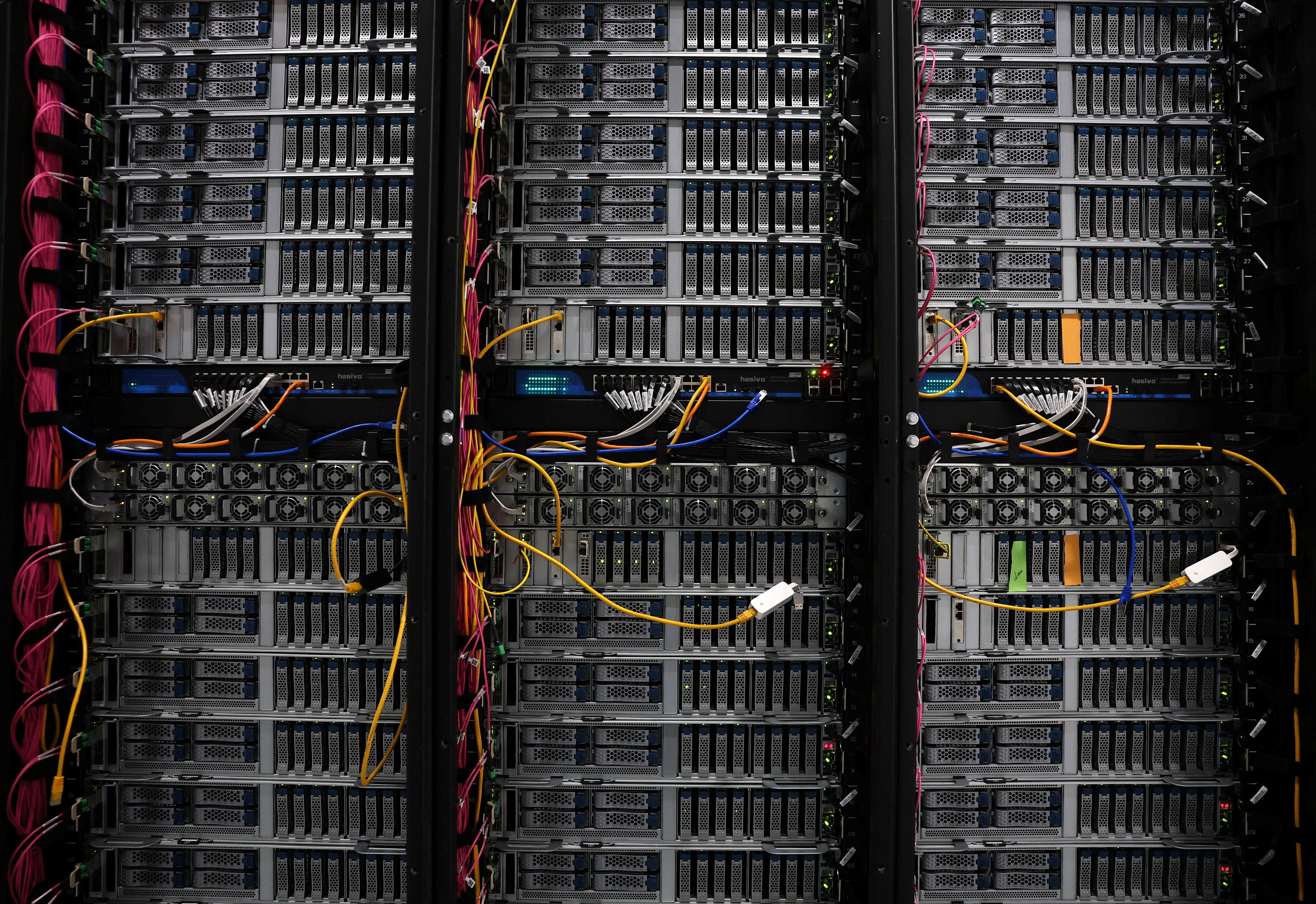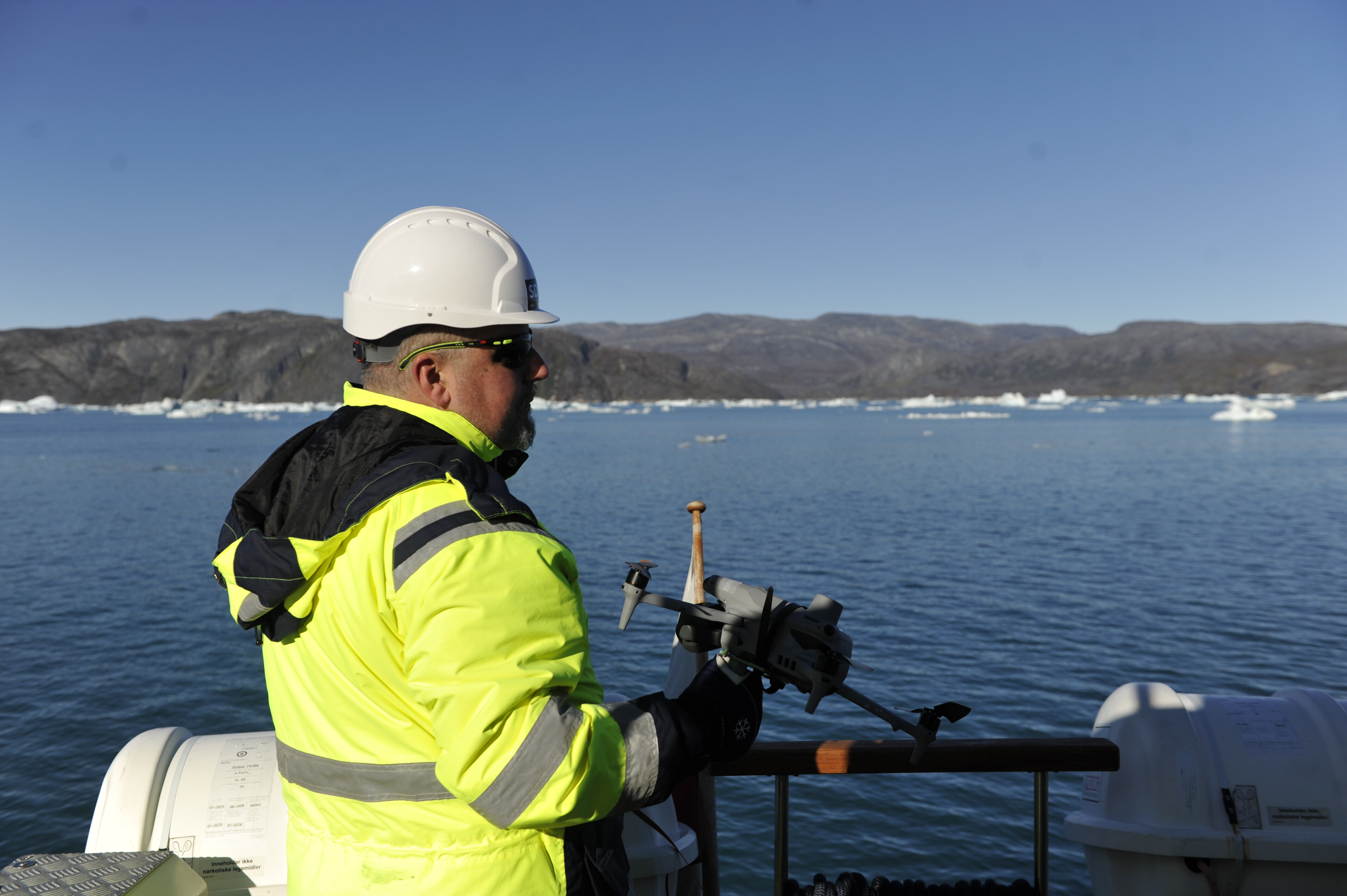What’s the secret to time management?

Daniel Goleman
Co-Director, Consortium for Research on Emotional Intelligence in Organizations, Rutgers, The State University of New JerseyDo you wish there were more hours in a day? Does it seem like you have more tasks than time? I think we’ve all felt time-starved at some point, and unfortunately many of us experience this on a daily basis. I recently had an interesting conversation about this problem with my colleague, Elad Levinson, instructor for the upcoming Praxis You course, Thriving on Change.
Elad asked me, “Is there someplace where leaders should not focus their attention? You’ve talked about some of the ways in which leaders should focus. But are there places where the attention of leaders shouldn’t go, because it just doesn’t help?”
It got me thinking how leaders today are saddled with back-to-back meetings, conversations, phone calls, emails, texts… and it’s all happening at once! It can be very confusing. And the big challenge for attention is sorting out what’s urgent right now from what’s just a distraction. Every time you pay attention to an email, a text, a phone call, you’re turning over your attention to someone else’s agenda. It means you’ve lost that time for yourself.
When you’re interrupted, practice asking yourself: Can this wait? Can I put it aside?You’ll find that the answer is almost always yes. Leaders need the capacity to decide what matters now and then make that clear with a strong sense of goodwill. Tell people, kindly, I’ll get to that, but not just now.
The Reality of Time-Starvation
And let’s remember that time starvation is both a function of how we perceive it and also founded in reality. People on average take in 5 times more information today than they did 15 or 20 years ago. And it takes time to absorb all this information. There was an observation made that information consumes attention. So, a wealth of information means a poverty of attention. That’s just the fact of life today.
That’s why I feel it’s so important for everyone—whether you’re a leader or not—to be strong about the boundaries of your attention. Do not become seduced by the wealth of information around you; get done now what you need to get done, and only pay attention to what’s relevant to that.
Focus is Productive – and Satisfying
Teresa Amabile and Steven Kramer, psychologists at Harvard Business School, studied 238 members of teams engaged in creative projects, from designing new kitchen gear to complex information technology systems. The team members kept daily diaries of their work days, including how productive and satisfying they found each day.
The most productive and satisfying days, hands down, came when they were able to have unbroken time to focus on their project. These “productive cocoons” are where they came up with small wins, like innovations, problem solving, and taking concrete steps toward their goal.
We all need to carve out time like that. There are some interruptions we can’t avoid, to be sure. And there are times we need to reach out to other colleagues, too. But the biggest category of cocoon-destroyers is the multitude of distractions we cave in to.
This article is published in collaboration with LinkedIn. Publication does not imply endorsement of views by the World Economic Forum.
To keep up with Forum:Agenda subscribe to our weekly newsletter.
Author: Daniel Goleman lectures frequently to business audiences, professional groups and on college campuses.
Image: Scales of Justice are seen in Brittany’s Parliament. REUTERS/Stephane Mahe.
Don't miss any update on this topic
Create a free account and access your personalized content collection with our latest publications and analyses.
License and Republishing
World Economic Forum articles may be republished in accordance with the Creative Commons Attribution-NonCommercial-NoDerivatives 4.0 International Public License, and in accordance with our Terms of Use.
The views expressed in this article are those of the author alone and not the World Economic Forum.
Stay up to date:
Future of Work
Related topics:
Forum Stories newsletter
Bringing you weekly curated insights and analysis on the global issues that matter.
More on Emerging TechnologiesSee all
Camille Georges and Muhammad Al Saiyari
November 22, 2025






